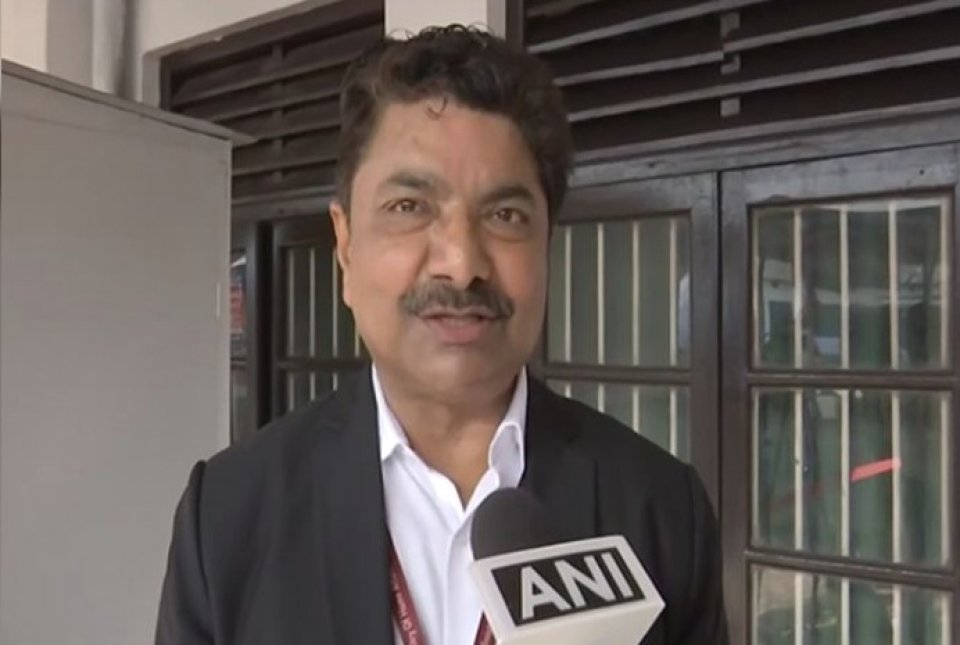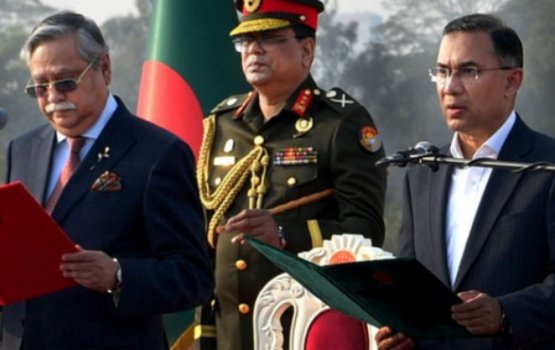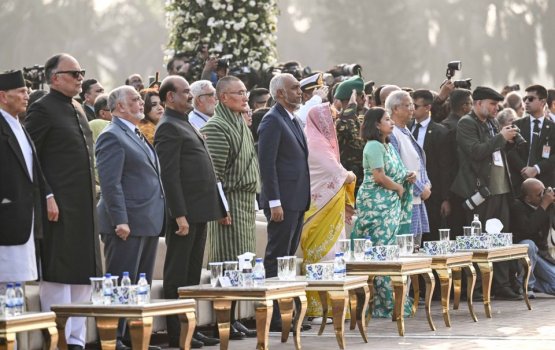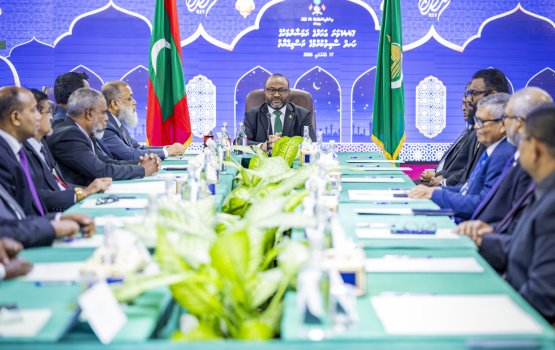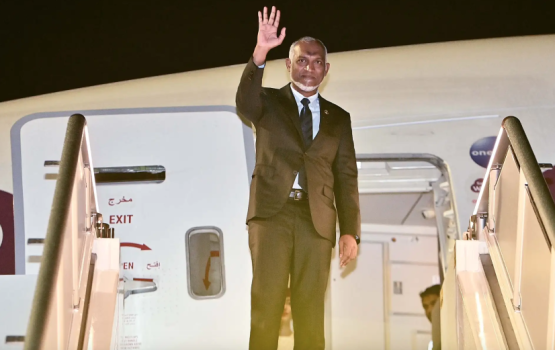India’s contribution to Sri Lanka’s railway infrastructure is expected to provide a major boost to the country’s economy. The recent upgrade of the railway track from Maho to Omanthai, covering a distance of 128 kilometers, is set to enhance travel efficiency, increase load capacity, and improve overall safety.
In an interview with ANI, Hari Mohan Gupta, Chairperson and Managing Director of Ircon International Limited, emphasized the importance of India's support for the financially struggling nation.
“We’ve introduced a modern track structure similar to those used in Indian Railways. Following the completion of the project, trains will be able to reach speeds of up to 120 km per hour, with a sustained operational speed of 100 km per hour. Additionally, the load-bearing capacity will increase to 20 tonnes, which will have a substantial positive impact on Sri Lanka’s economy,” Gupta said.
The project is expected to particularly benefit Sri Lanka's tourism sector, a vital component of the nation’s economy. By reducing travel times, the upgraded railway line will enhance accessibility to key tourist destinations and improve overall public mobility.
“There will be significant growth in tourism due to the reduction in travel time, which will now be shortened by approximately three hours for journeys between northern Sri Lanka and nearby areas. Sri Lanka is renowned for its tourism, and it holds a special place in the hearts of Indians. With these improvements, the local public will greatly benefit, leading to improved well-being and prosperity,” Gupta added.
The project was carried out by Ircon International Limited, an Indian public sector undertaking, and was funded by the Indian Ministry of External Affairs. The upgrades were completed in two phases, between January 2023 and September 2024.
“This 128-kilometer project was executed in two segments. The first phase, from Anuradhapuram to Omanthai (63 km), began in January 2023 and was completed by July 2023. The second phase, from Maho to Anuradhapuram (65 km), commenced in January 2024 and concluded in September 2024. The funding for this project came through a line of credit from the Indian government,” Gupta explained.
The previous railway tracks were in poor condition due to their age, with many rails in a dilapidated state. Gupta further detailed the challenges posed by the old tracks, which had corroded over time and produced loud noises due to fish-plated joints. The newly installed rails, supported by Indian expertise, are expected to significantly contribute to Sri Lanka’s economic recovery.
“The old tracks had corroded, with many fish-plated joints, causing significant noise. The maximum speed was limited to 60-65 km/h, with a load-bearing capacity of only 17 tonnes. With the upgrades, we have installed concrete sleepers, 60 kg rails, flash butt-welded joints, and switch expansion joints, improving the entire structure,” Gupta said.
Ircon has been active in Sri Lanka since 2009, contributing to the development of the country's railway network, particularly in the northern regions.
“The work we’ve done over the years, including this 128-kilometer project, has been part of our ongoing commitment to Sri Lanka’s infrastructure. I’m pleased to share that this project has been officially launched by Indian Prime Minister Narendra Modi and Sri Lankan President Ranil Wickremesinghe, both of whom are committed to enhancing the lives of the people of Sri Lanka,” Gupta concluded. (The Tribune)

